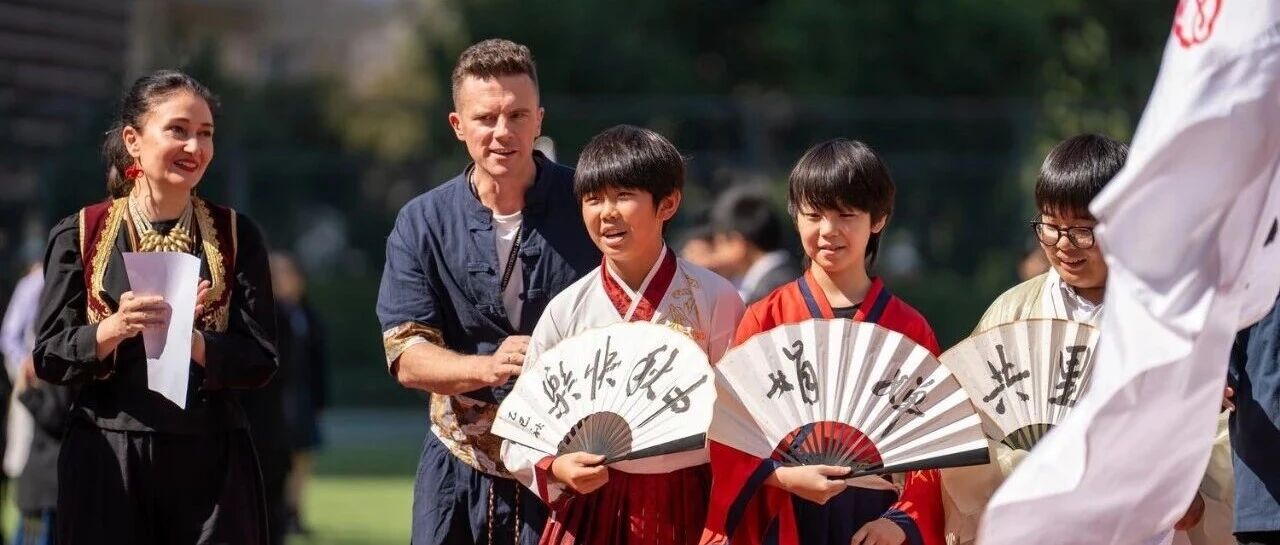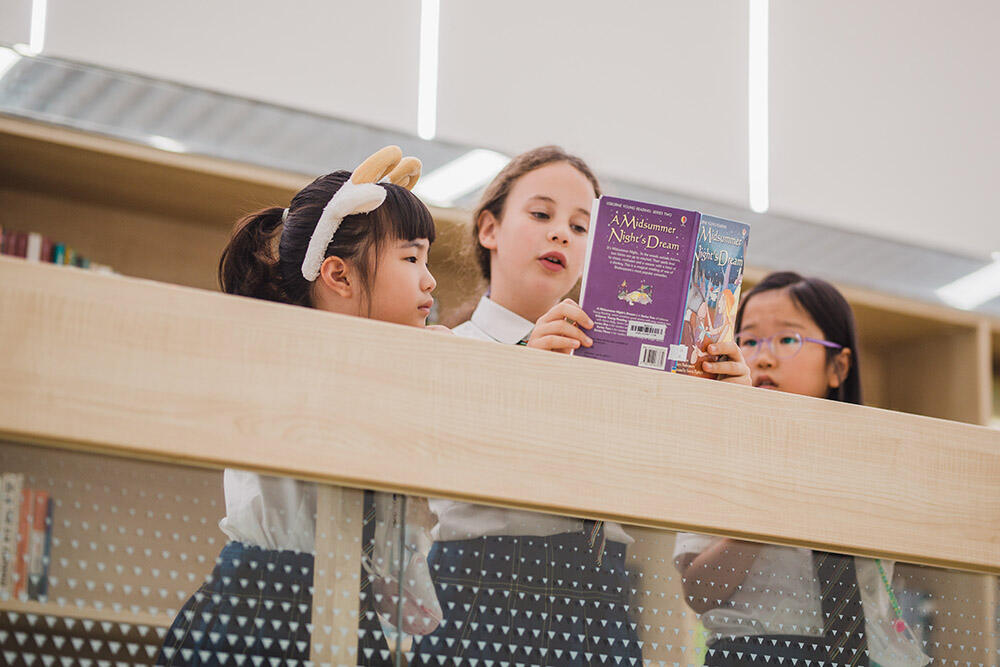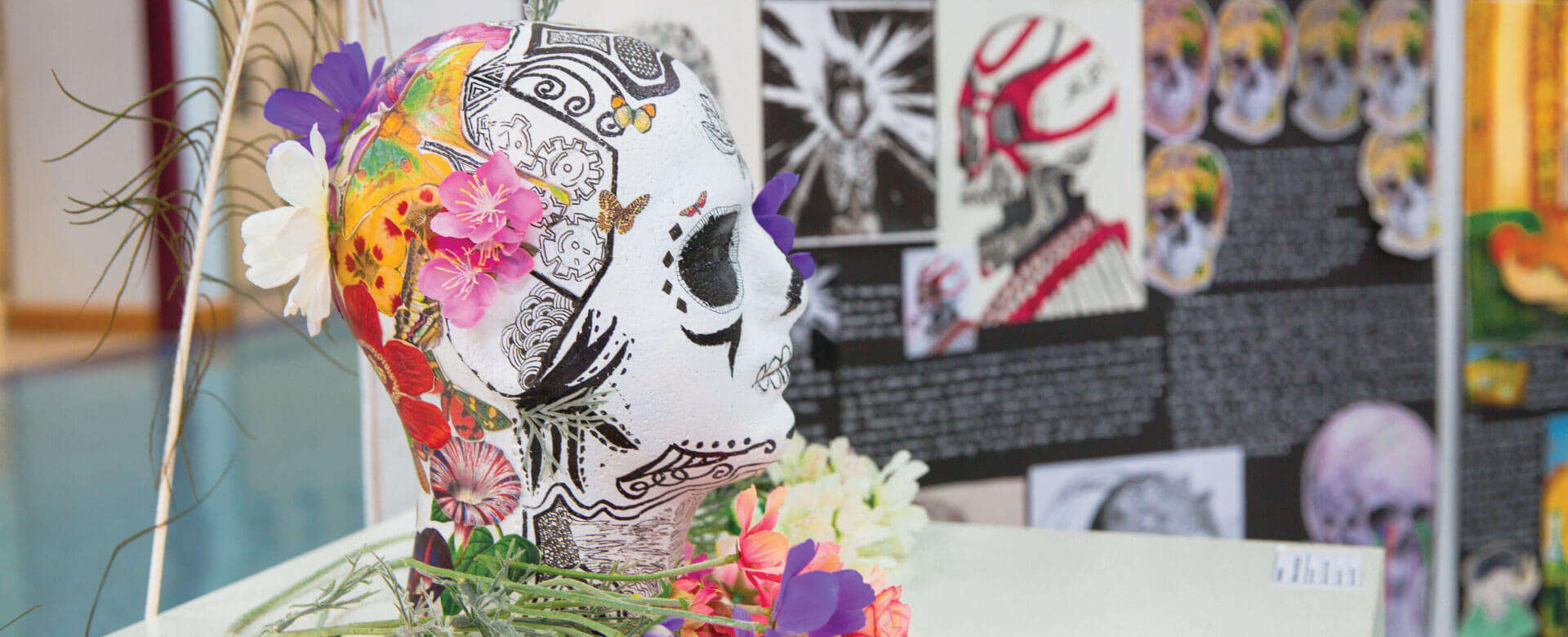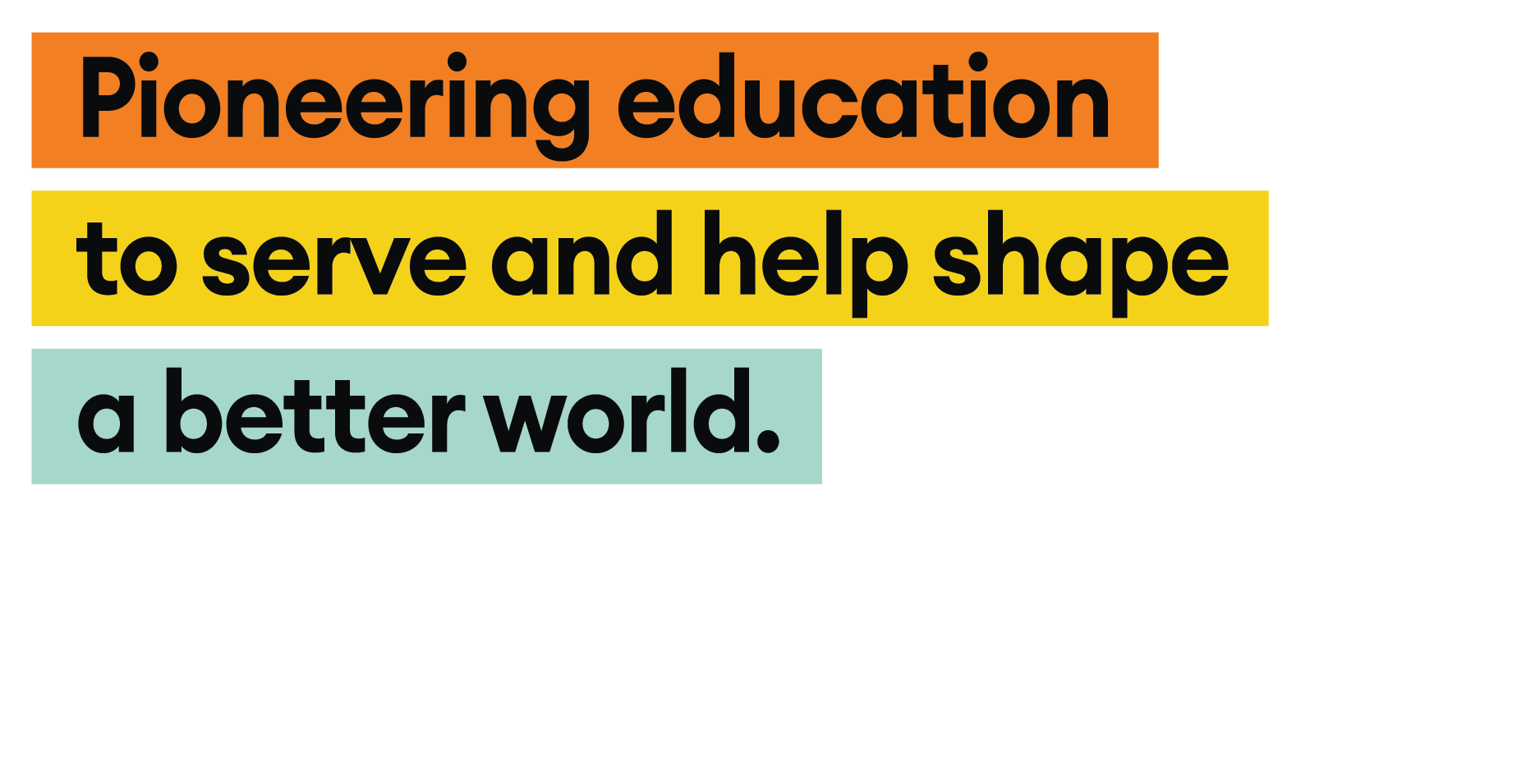Third Culture Children

“A Third Culture Kid is a person who has spent a significant part of his or her developmental years outside their parents’ culture. These children build relationships with all of the cultures while not fully belonging to any. They integrate elements of those cultures and their own birth culture, into a third culture.” Useem, 1950’s
Psychologist and positive psychotherapist Dr. Theo Cope returned to Wellington to speak on the topic Understanding Third Culture Children: Psychological Aspects. In today’s globalised society, it is of fundamental importance that schools and parents work together proactively and collaboratively in ensuring that not only academic progression is nurtured, but equally psychological pressures are recognised and addressed.
Dr. Cope spoke with parents for nearly two hours, patiently and diligently addressing questions and providing useful advice, mentioning not only the challenges faced by Third Culture Children, but also the great benefits. In support of the stated advantages of a cross-cultural, multilingual international education, Dr. Cope confirmed that children who are exposed to a variety of cultures, languages and environments from an early age develop an incredibly strong and rounded sense of identity and self-understanding.
This event is part of a series of lectures that focus on how parents can accompany their children, and our pupils, to become rounded and confident individuals. Organised by the Head of Pastoral – Mr. Nick Gillings, these talks extend the positive discourse that already exists between School and Parent and provide a valuable addition to the community at Wellington.
Dr. Cope's recommended reading list for parents:
How to talk so kids will listen & listen so kids will talk
Adele Faber and Elaine Mazlish
How to talk so teens will listen & listen so teens will talk
Adele Faber and Elaine Mazlish
Helping your anxious child: a step-by-step guide for parents
Ronald M. Rapee, et. al. - Second Edition
The teenage brain: a neuroscientists survival guide to raising adolescents and young adults
Frances E. Jensen MD
Age of opportunity: lessons from the new science of adolescence
Laurence Steinberg, PhD.
Brain rules for baby
John Medina
Related Articles








 Channel
Channel 
 Linkedin
Linkedin  Facebook
Facebook  Ins
Ins 






